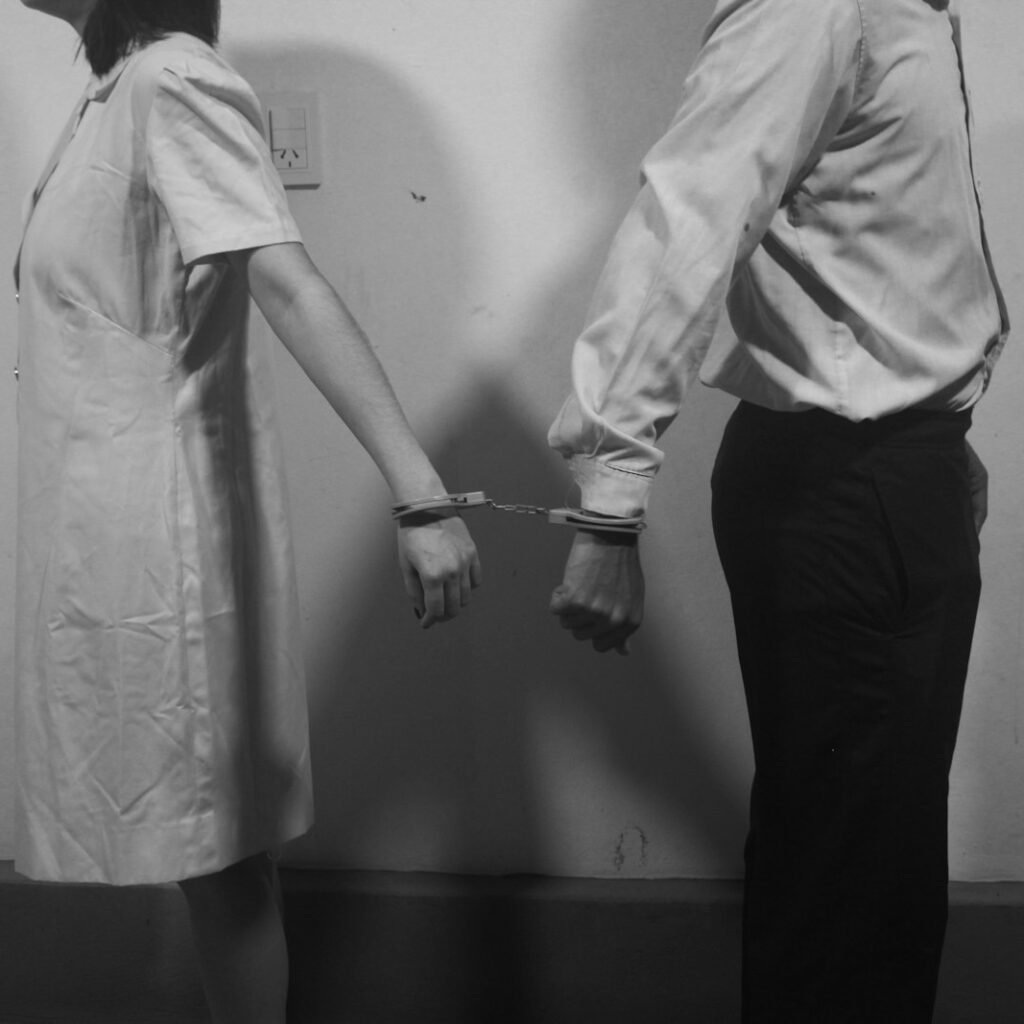Conflict often feels like the beginning of the end in a relationship. Raised voices, tense silences, or even differing opinions can trigger fear, withdrawal, or shame. But what if the presence of conflict—when handled skillfully—was not a threat, but a gateway to deeper connection, trust, and intimacy?
In truth, conflict is not a sign that love is failing. Conflict in relationships is healthy.
Why We Fear Conflict (and Why That Is Misleading)
Many of us have been taught, directly or subtly, that harmony equals health. We mistake calmness for closeness. As a result, when disagreements arise, we may panic, shut down, or give in—believing that “peace at all costs” protects the relationship.
However, as the American Psychological Association explains, avoiding tough conversations erodes emotional intimacy. Conflict is not the enemy. The real danger is unresolved resentment, masked compliance, or emotional distance.

The Purpose of Healthy Conflict
When done right, conflict becomes a mirror. It reflects our needs, our wounds, and our boundaries. It offers the opportunity to show up honestly and ask our partner to meet us in that honesty.
According to a study in the International Journal of Psychology and Educational Studies, couples who learn to resolve conflict through attachment-informed communication report increased trust and emotional safety. They do not fear rupture, because they trust in repair.
Signs That Conflict Is Healthy, Not Harmful
- You feel heard, even when you disagree
- Emotions are intense but respectful
- Disagreements lead to growth or clearer understanding
- You come away feeling closer, not more distant
- There is room for apology, feedback, and forgiveness
Healthy conflict is not about winning. It is about understanding.
How Conflict Deepens Connection
At its core, conflict reveals vulnerability. When you say, “I need this to feel safe,” or “I was hurt when this happened,” you are offering your partner a roadmap to your inner world.
Research published by Cambridge University Press shows that conflict moments test emotional dependability. When partners respond with empathy, it can increase perceived security and build long-term trust.
This theme is further explored in our PsycheShare post Psychodynamic Therapy, where unconscious relational patterns—especially those formed in early life—are brought to light and healed through emotionally honest interactions.

What Happens When We Avoid Conflict
Conflict avoidance may feel like protection, but over time, it damages emotional intimacy. When needs go unspoken, or when one partner chronically gives in, resentment builds in silence.
This is why we recommend exploring the article Signs You Are Avoiding Conflict—and How It Damages Intimacy to help readers identify subtle avoidance patterns. You will learn how small compromises made in fear of disagreement can erode the emotional honesty that love requires.
According to a recent report in BMC Psychology, couples with strong conflict resolution skills and emotional intelligence show higher life satisfaction and lower stress. Avoidance might quiet the moment, but it cannot secure the relationship.
What Healthy Conflict Actually Looks Like
Let us break down the difference between destructive and constructive conflict.
Destructive Conflict:
- Involves blaming, yelling, stonewalling
- Focuses on proving who is “right”
- Leaves wounds unacknowledged
- Lacks repair after rupture
Constructive Conflict:
- Prioritizes understanding over agreement
- Embraces pauses to regulate emotions
- Includes validation even during disagreement
- Ends with shared clarity or compromise
You can develop these skills over time. Emotional capacity is like a muscle—it strengthens with use.

Emotional Intelligence Is the Foundation
Emotional intelligence (EQ) is the ability to recognize, understand, and manage your emotions—and to do the same with others’. Without EQ, conflict turns into chaos. With EQ, conflict becomes a collaboration.
Explore our upcoming article, How Emotional Intelligence Strengthens Romantic Relationships, to learn specific ways to increase empathy, improve emotional language, and reduce reactivity.
In fact, the NIH’s recent research on mental health shows that couples who learn communication and conflict resolution skills as part of therapy programs report up to a 90% reduction in harmful behaviors, including physical aggression.
When Conflict Is a Sign to Seek Help
Not all conflict is constructive. If fights become emotionally or physically unsafe, or if one partner is consistently dismissed, criticized, or blamed, it may indicate deeper wounds.
You are not weak for seeking help. You are wise for doing so. Therapy can offer the neutral space needed to heal patterns that overwhelm the relationship. This includes working through emotional dysregulation.
Final Thoughts: Conflict Is a Tool for Intimacy—If You Let It Be
A relationship without conflict is often a relationship without full honesty. Conflict in relationships is healthy. It is the presence of safe, emotionally intelligent conflict that fosters trust, not its absence.
When two people can speak truth, feel heard, repair gently, and love each other through discomfort—they are building something durable. Something real.
Conflict, when done right, is love in action.



Add a Comment